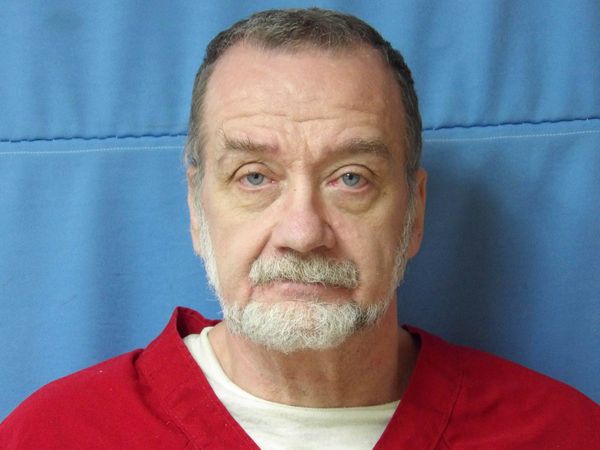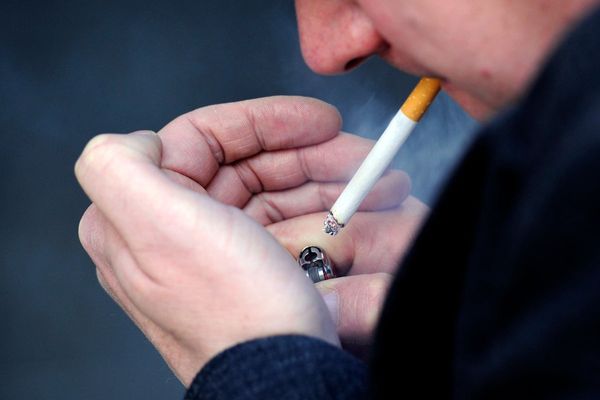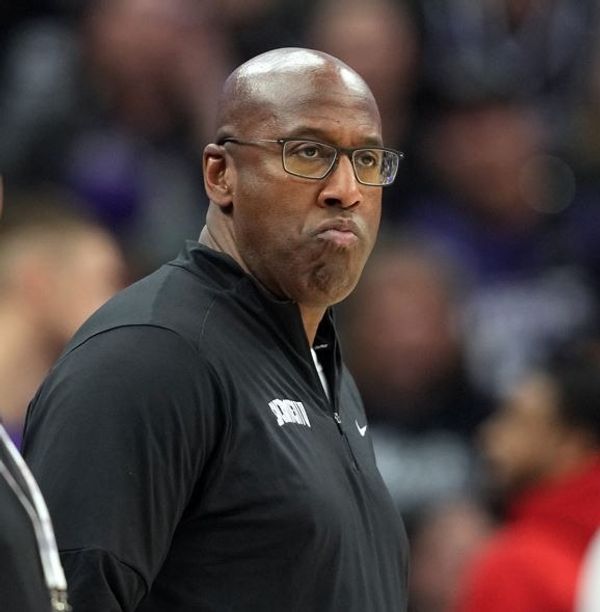
Kyowa Kirin has made headlines with the release of their gene therapy treatment, which has been priced at a staggering $4.3 million in the United States. This makes it the most expensive drug in the country, raising eyebrows and sparking discussions about the accessibility and affordability of life-saving treatments.
The gene therapy, developed by Kyowa Kirin, is aimed at treating a specific genetic disorder, offering hope to patients who previously had limited treatment options. While the effectiveness of the treatment is promising, the high price tag has drawn criticism from various stakeholders, including healthcare providers, patient advocacy groups, and policymakers.
With the increasing focus on healthcare costs and the affordability of medications, the pricing of Kyowa Kirin's gene therapy has reignited the debate on the ethics of pricing life-saving treatments. Many are questioning the justification behind such exorbitant prices and the impact it has on patients, especially those without adequate insurance coverage.
Despite the controversy surrounding the cost, Kyowa Kirin defends the pricing of their gene therapy, citing the extensive research and development costs involved in bringing such innovative treatments to market. They argue that the high price reflects the value of the therapy and the potential benefits it offers to patients.
As discussions continue around the pricing of Kyowa Kirin's gene therapy, there are calls for greater transparency in drug pricing and a reevaluation of the current healthcare system to ensure that patients have access to essential treatments without facing financial hardship.
Ultimately, the pricing of Kyowa Kirin's gene therapy serves as a stark reminder of the complex challenges facing the healthcare industry, highlighting the need for a balance between innovation, affordability, and patient access to life-saving treatments.







